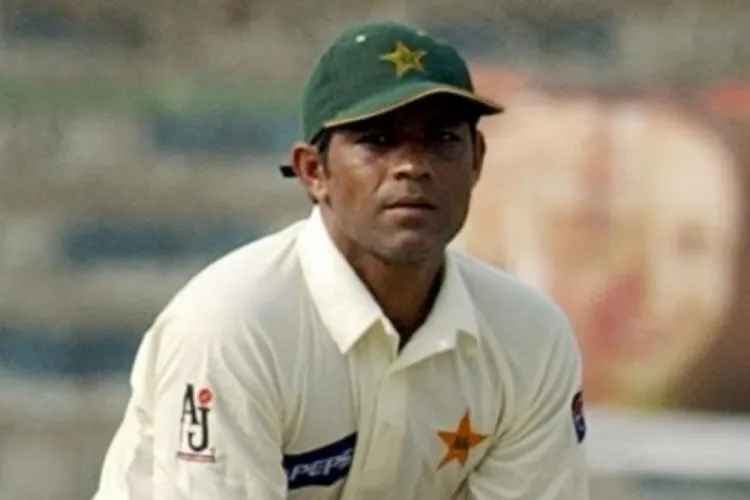
Former Pakistan captain Rashid Latif has sounded a critical alarm over Pakistan’s cricketing trajectory ahead of the 2025 Asia Cup. Describing the current state of the national team as “moving in the air,” Latif voiced concerns about inconsistencies in form, lack of planning, and tactical confusion—warning that without immediate corrections, Pakistan could face yet another disappointing tournament outing.
Latif, never one to sugarcoat his assessments, criticized the structure, mindset, and execution displayed by the team in recent months. He highlighted that Pakistan’s performance has dipped to what he called its “lowest level,” with back-to-back disappointments in global tournaments becoming the new norm rather than an exception.
His metaphor of “airborne cricket” refers not only to the lack of grounding in strategy but also the disconnect between the team’s potential and its on-field execution. According to Latif, players appear out of sync with match situations, often looking reactive instead of proactive. Batting collapses, indecisive captaincy, and repetitive fielding errors have further eroded the team’s competitive edge.
He also pointed to a growing structural problem. While India, England, and Australia have built sustainable cricketing ecosystems, Latif said Pakistan is still treating the sport as a “passion project” rather than a professional enterprise. The instability within the Pakistan Cricket Board (PCB), frequent changes in coaching staff, and selection inconsistencies have only deepened the disconnect.
Latif emphasized that the problem is not talent. Pakistan continues to produce promising players like Shaheen Shah Afridi, Naseem Shah, and Saim Ayub. But the system’s failure to nurture and manage them properly is what stifles progress. Young players are often rushed into the spotlight without a roadmap, and veterans are recycled without a clear plan.
He also warned that Pakistan’s cautious approach, particularly in white-ball cricket, is becoming outdated. While teams like India and England have embraced aggression and adaptability, Pakistan tends to retreat under pressure. Latif called for a bold shift in mindset—urging the team to play fearless cricket and adopt data-driven, modern strategies.
The omission of key players like Babar Azam from recent squads, as well as injuries to senior names such as Fakhar Zaman, have compounded the uncertainty. With the Asia Cup just weeks away, there is no clarity on the playing XI, backup plans, or match-specific tactics.
In his closing remarks, Latif stated that if Pakistan hopes to compete meaningfully at the Asia Cup and beyond, it must act now. He called for leadership stability, transparency in selection, and a full commitment to domestic cricket reform. Anything less, he warned, would result in more of the same—unfulfilled talent, erratic performances, and national disappointment.
His message to the team and administration was simple but forceful: Pakistan’s cricket needs to land, stabilize, and reset—before it crashes altogether.

